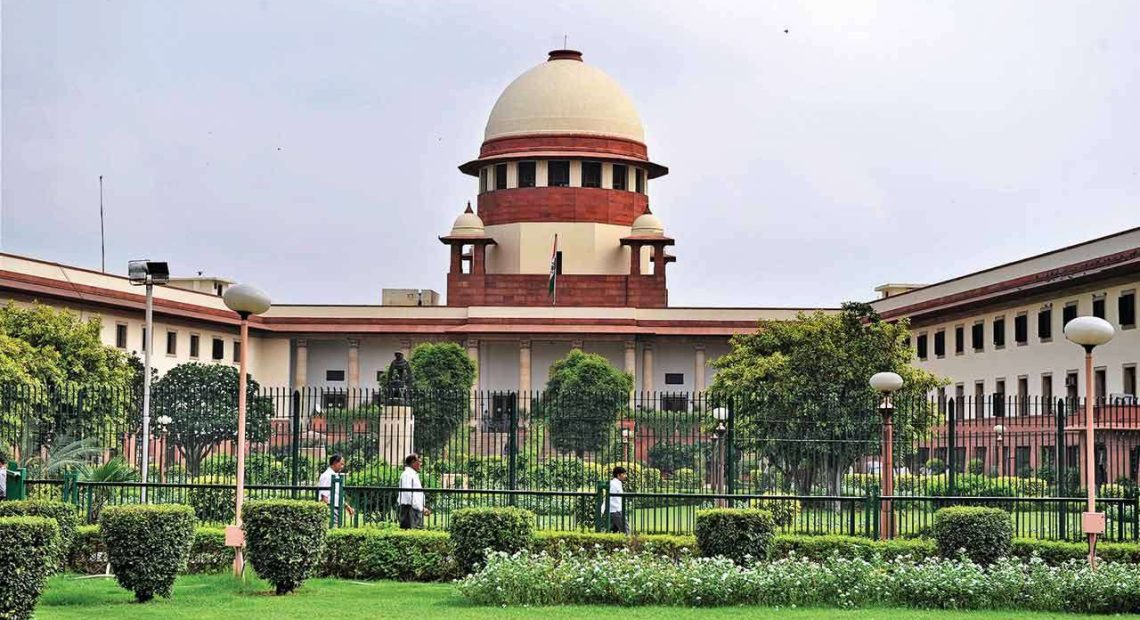
Supreme Court: Rohingya Must Be Deported If Found Foreigners
In a significant decision, the Supreme Court of India ruled that Rohingya refugees residing in the country without legal documentation must be deported under the provisions of the Foreigners Act. A three-judge bench led by Justice Surya Kant, along with Justices Dipankar Datta and N. Kotiswar Singh, clarified that the identification cards issued by the United Nations High Commissioner for Refugees (UNHCR) do not confer legal residency rights under Indian law.
The court made it clear that Indian law treats any individual without citizenship or valid documentation as a foreigner. “If they are foreigners as per the Foreigners Act, then they have to be deported,” Justice Kant said during the proceedings.
Legal Proceedings and Next Hearing
The ruling came during the hearing of petitions filed on behalf of Rohingya detainees currently held in Delhi. Advocates representing the refugees argued that deportation would expose them to persecution in Myanmar. However, the bench emphasized that the right to live in India is reserved for its citizens, and non-citizens must follow due legal process.
The court has scheduled the next hearing for July 31, suggesting it will continue to examine the matter further. However, the current stance remains clear — without legal standing, deportation becomes a lawful necessity.
Human Rights and International Law Concerns
The decision has drawn concern from human rights advocates who argue that deporting Rohingya refugees back to Myanmar could violate international norms, particularly the principle of non-refoulement, which bars the return of individuals to a country where they may face serious threats to life or freedom.
India is not a signatory to the 1951 Refugee Convention or its 1967 Protocol, and therefore does not maintain a formal refugee protection framework. In absence of specific legal provisions for refugees, the Rohingya are treated under general foreigner laws.
Government’s National Security Argument
The Indian government has long maintained that the presence of undocumented Rohingya refugees poses a national security threat. It has submitted affidavits in the past labeling them as illegal immigrants, not refugees, and has reiterated the need to identify and deport them in accordance with domestic laws.
The Supreme Court’s latest ruling reinforces this position, affirming the primacy of national law in dealing with undocumented foreign nationals, regardless of their humanitarian claims.


















